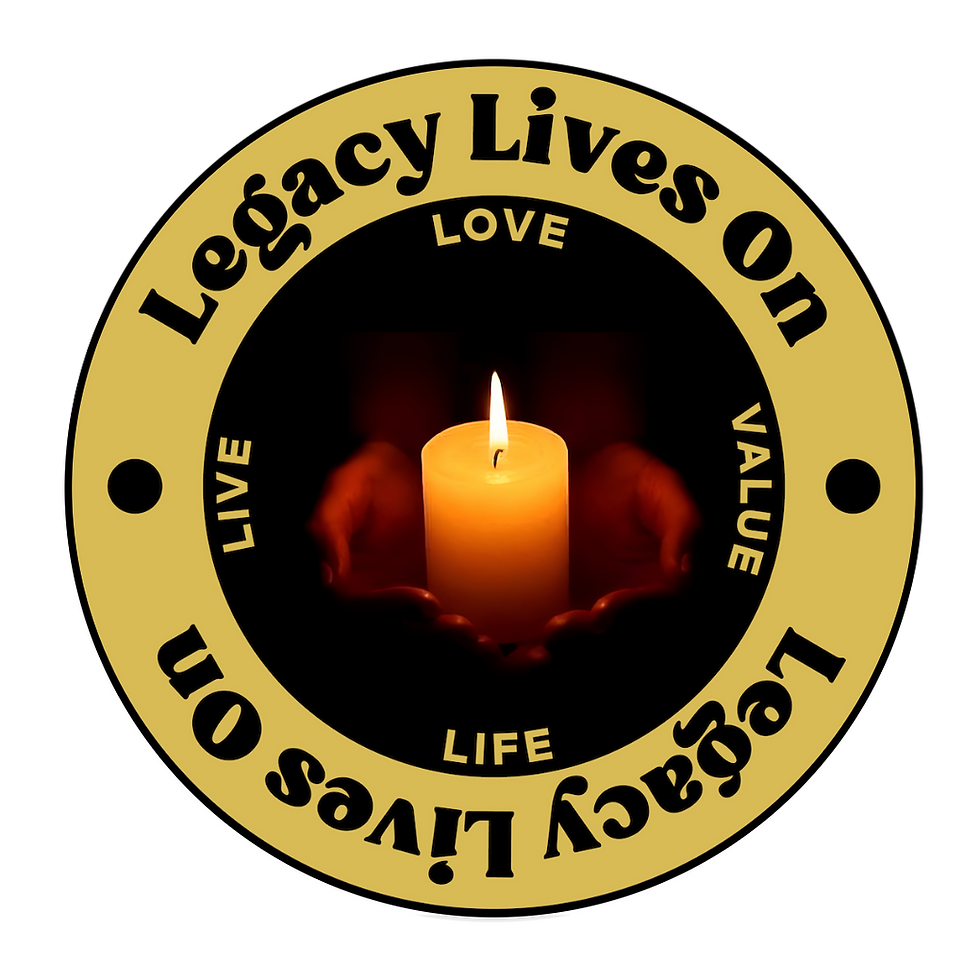Eight Week Curriculum
PROGRAM OVERVIEW
The program is designed to be implemented over an 8-week period. Each week, we focus on a specific theme of restorative justice. The program's key objective is to provide participants with the skills, understanding, and opportunity to take full accountability for their actions, understand the impact of their behavior, and actively contribute to repairing the harm caused.
PROGRAM IMPACT
The restorative justice approach aims to transform participants by encouraging a deep understanding of their actions, the harm caused, and the steps necessary to repair relationships. By engaging in this program, participants will learn to:
-
Take accountability for their actions without blaming others.
-
Develop empathy towards those they have harmed.
-
Take actionable steps to make amends.
-
Foster a sense of belonging within their community.
-
Build a foundation for future positive contributions to society.
IMPLEMENTATION
The program will involve weekly group meetings facilitated by trained restorative justice professionals. Each session will include group discussions, guided activities, and reflections designed to promote open dialogue and emotional healing.
The program will also provide participants with individual support and resources for personal growth and development.
Week 1
Introduction to Restorative Justice:
Participants are introduced tothe concepts of restorative justice, accountability, and community healing.This week focuses on establishing a safe space for sharing and building trustamong participants through Restorative Justice Circles, setting agreements, and understanding the importance of mutual respect.
Week 2
Accountability and Honoring Life :
Participants explore the concept of accountability and discuss the value of honoring life and the stories of individuals impacted by violence. By listening to stories of those affected by harm, participants begin to understand the emotional and human consequences of their actions.
Week 3
Acknowledging and Telling the Truth :
This week centers on truth-telling and recognizing the responsibility for one’s actions. Participants engage in exercises that allow them to acknowledge the truth of their actions, letting go of excuses or denial. Honesty becomes a powerful step towards healing.
Week 4
Recognizing the Impact of Harm:
Participants learn to recognize and face the impact their actions have had on victims, families, and the community. Through guided discussions and exercises, they are encouraged to witness the pain they have caused and understand the ripple effects of harm.
Week 5
Expressing Genuine Remorse
and Empathy:
This week focuses on the importance of empathy and genuine remorse. Participants are encouraged to recognize the deep human brokenness that may have contributed to their actions, and they learn about the importance of empathy as a foundation for forgiveness and community healing.
Week 6
Taking Actions to Repair Harm:
Participants engage in practical exercises to develop plans for repairing harm, including apologies and community service. Emphasis is placed on taking concrete actions that align with the principles of accountability and demonstrating their commitment to positive change.
Week 7
Moving Beyond the Harm
- Empowerment:
This week centers on self-awareness, empowerment, and setting future goals. Participants work on developing a vision for their future, identifying personal strengths, and understanding how to move beyond the harm.
Week 8
Building Sustainable Change:
This final week focuses on developing sustainable practices and building support networks to maintain positive change. Participants work on developing a vision for their future, identifying personal strengths, and building a pathway to a life without harm. This week also includes the concept of "The MORE In Store," which emphasizes Motivation, Opportunity, Remorse, and Empowerment as tools for transformation.
